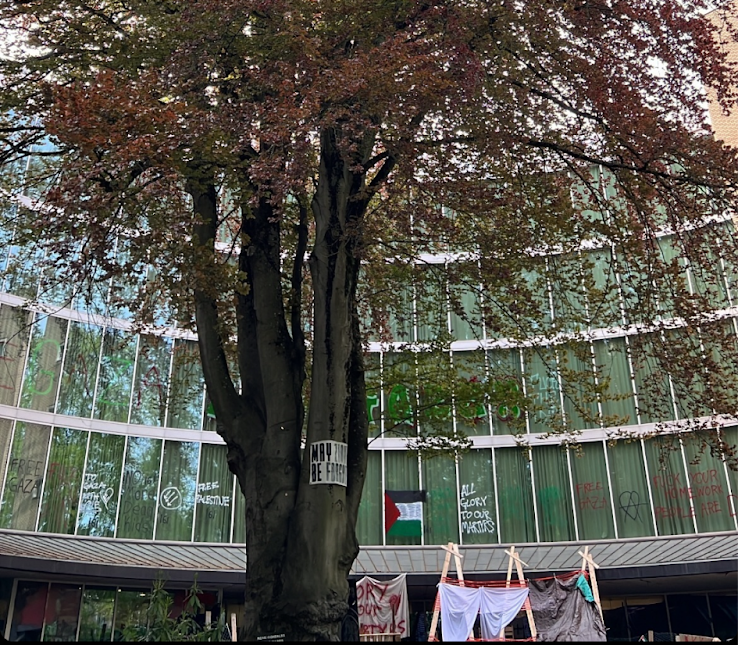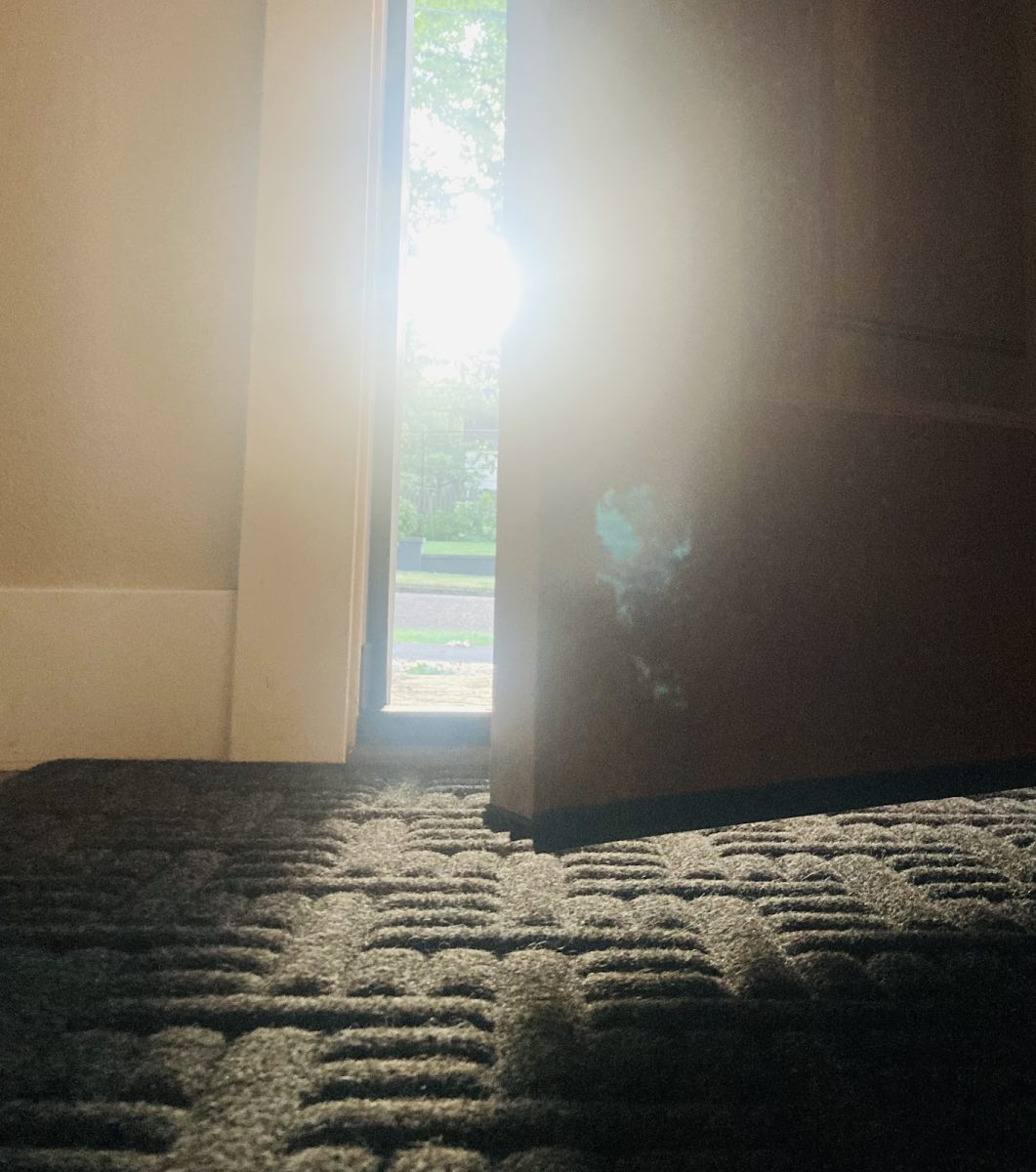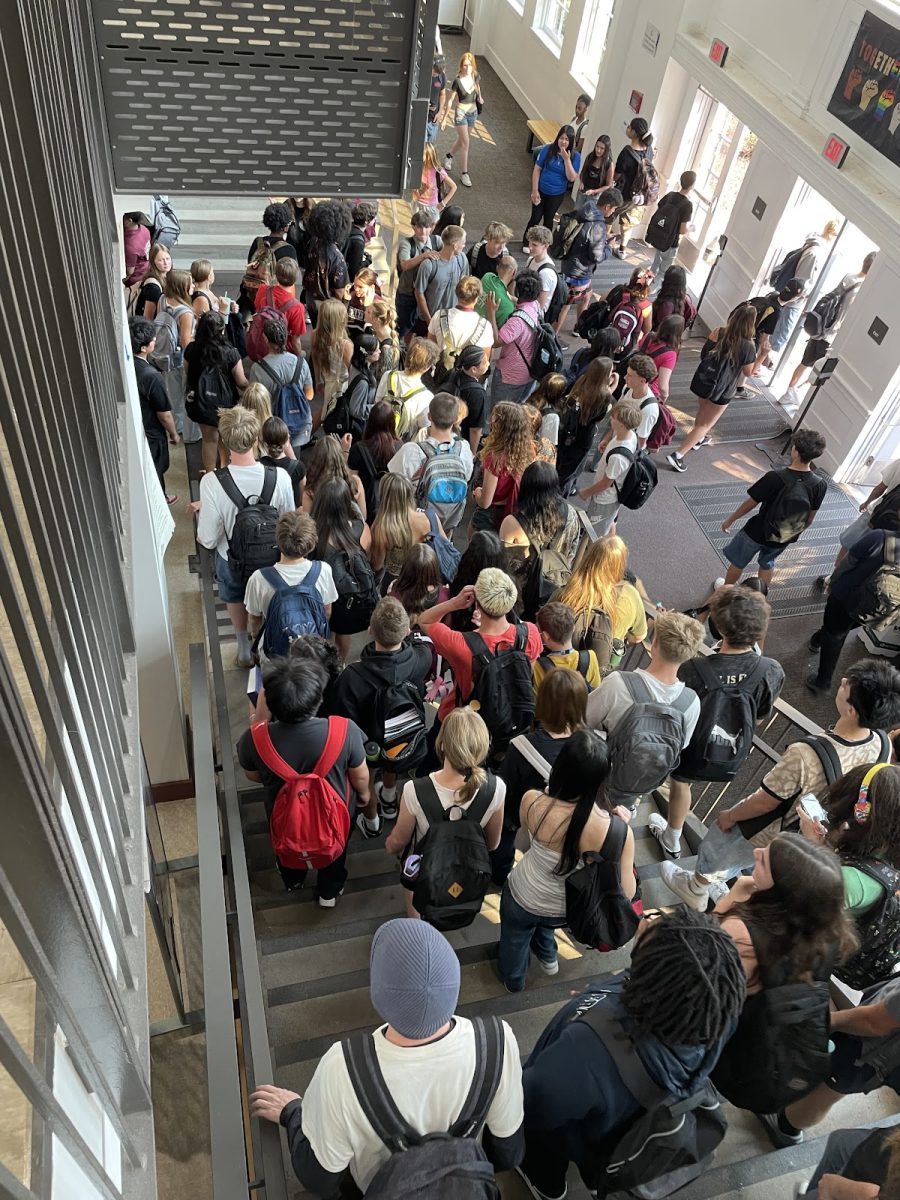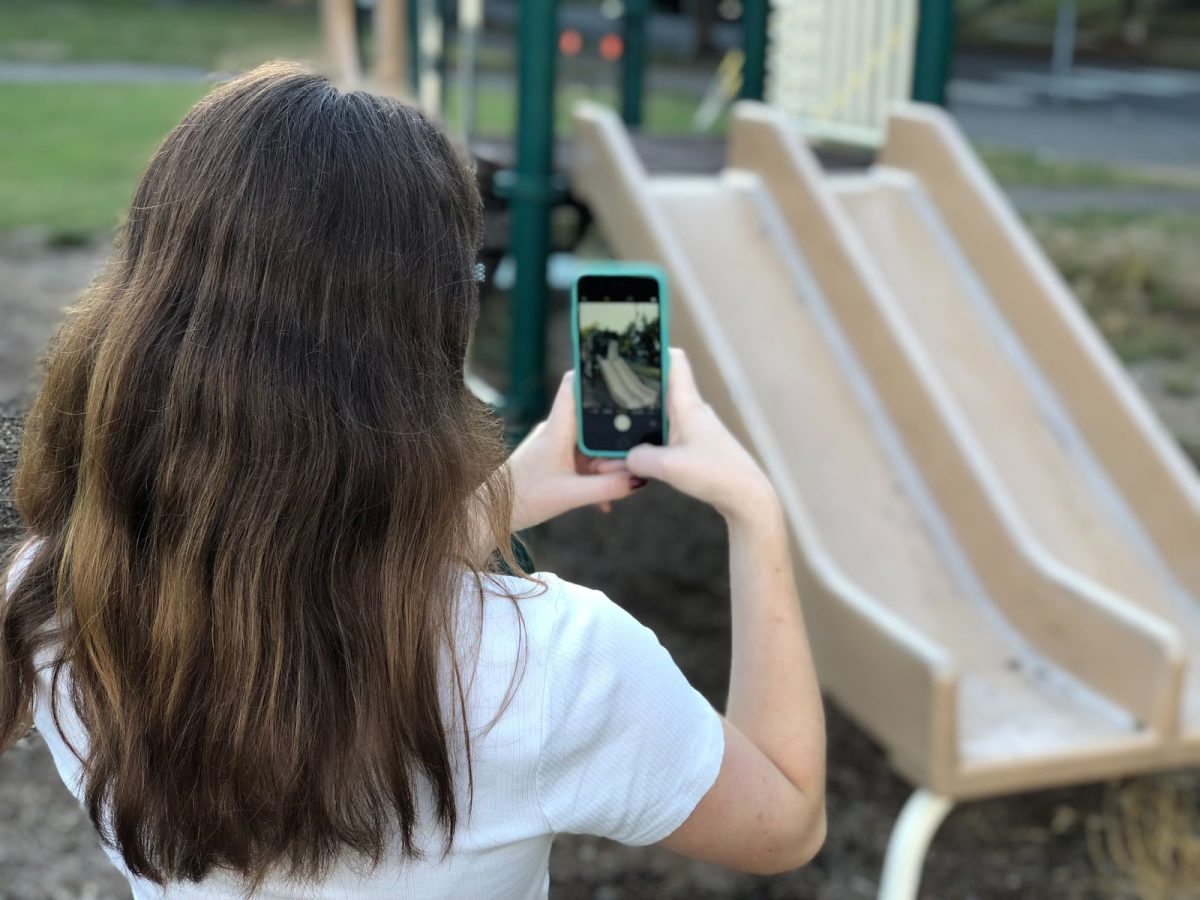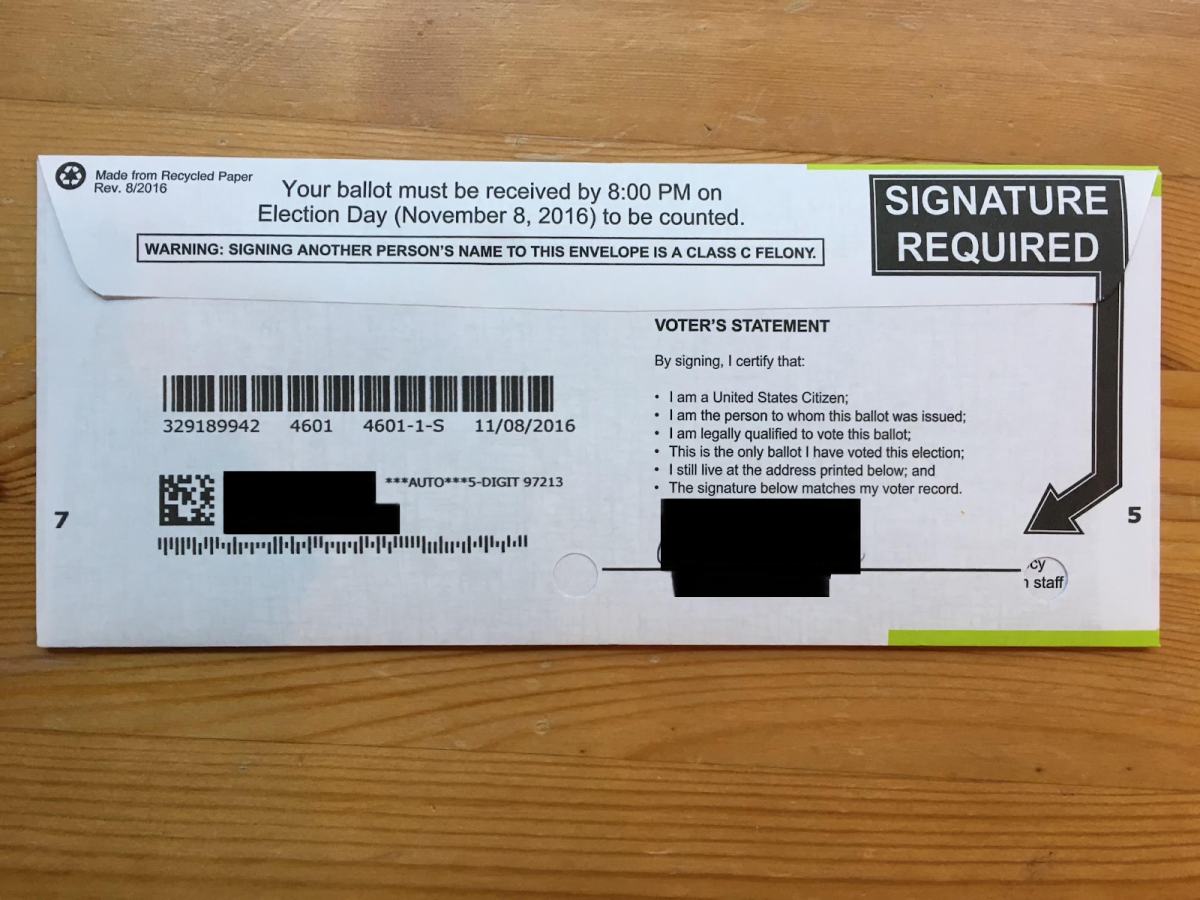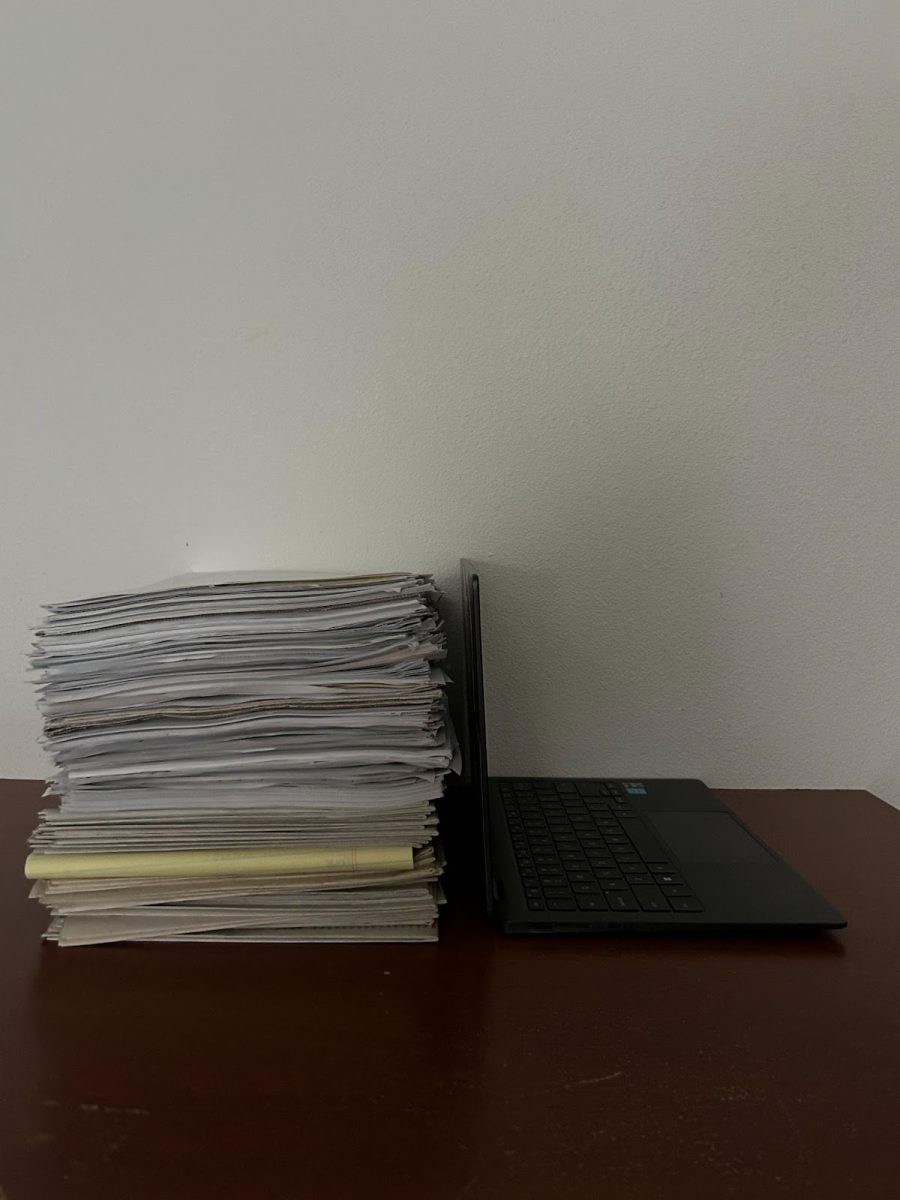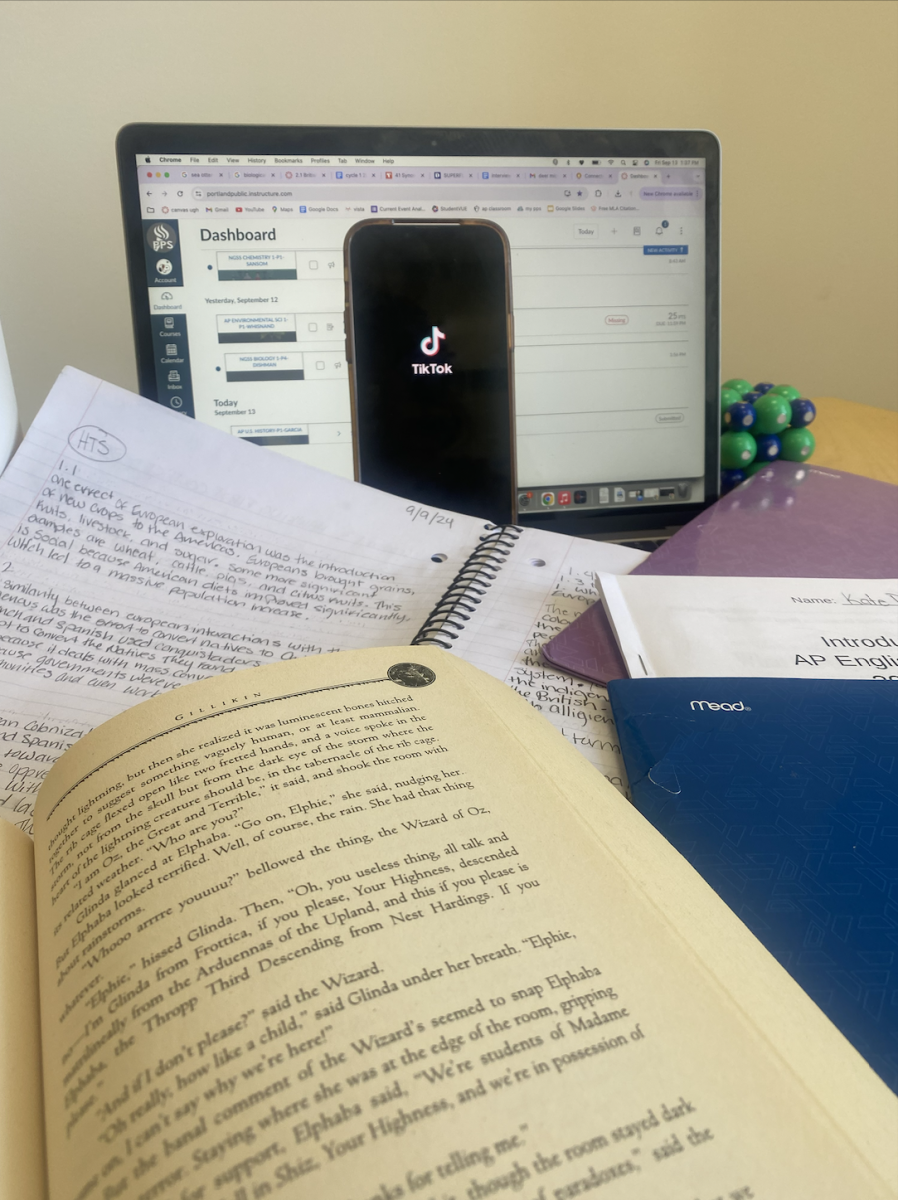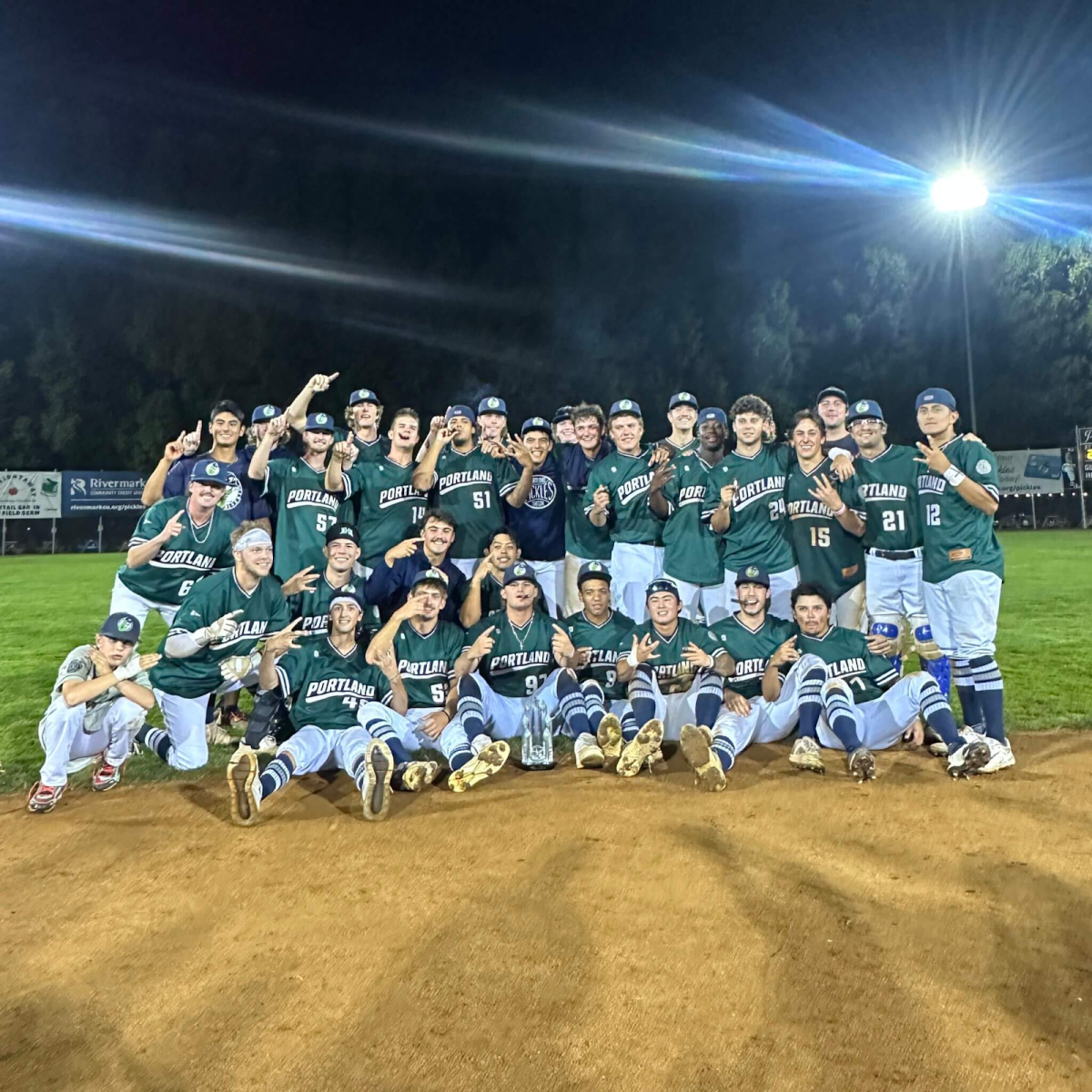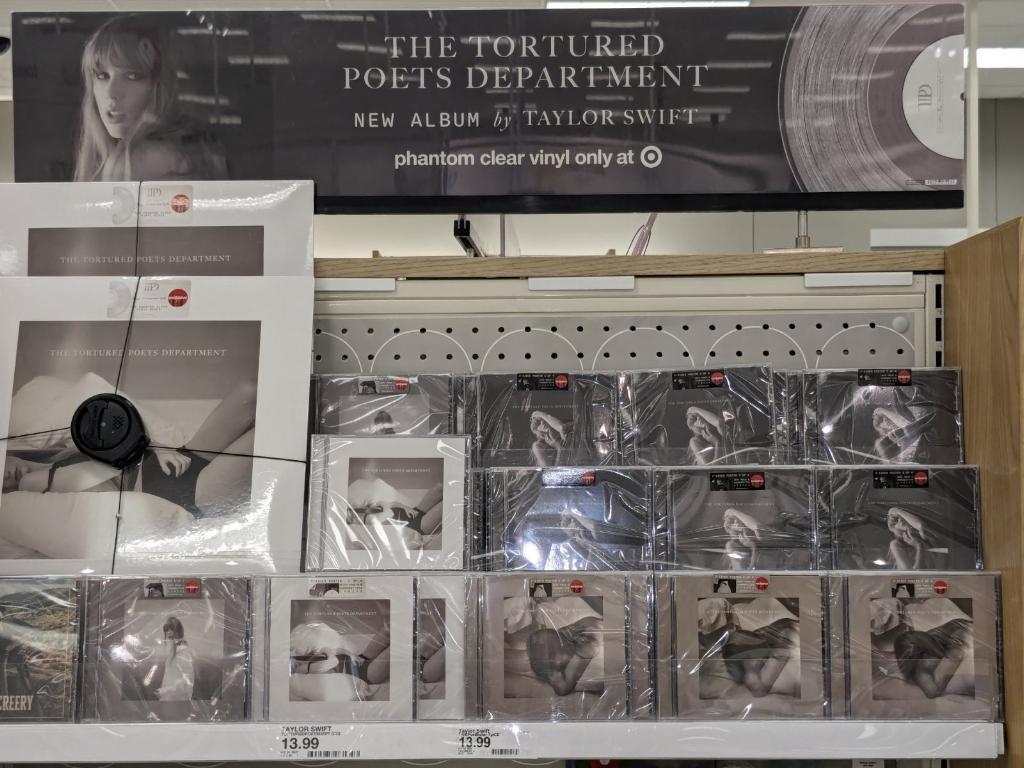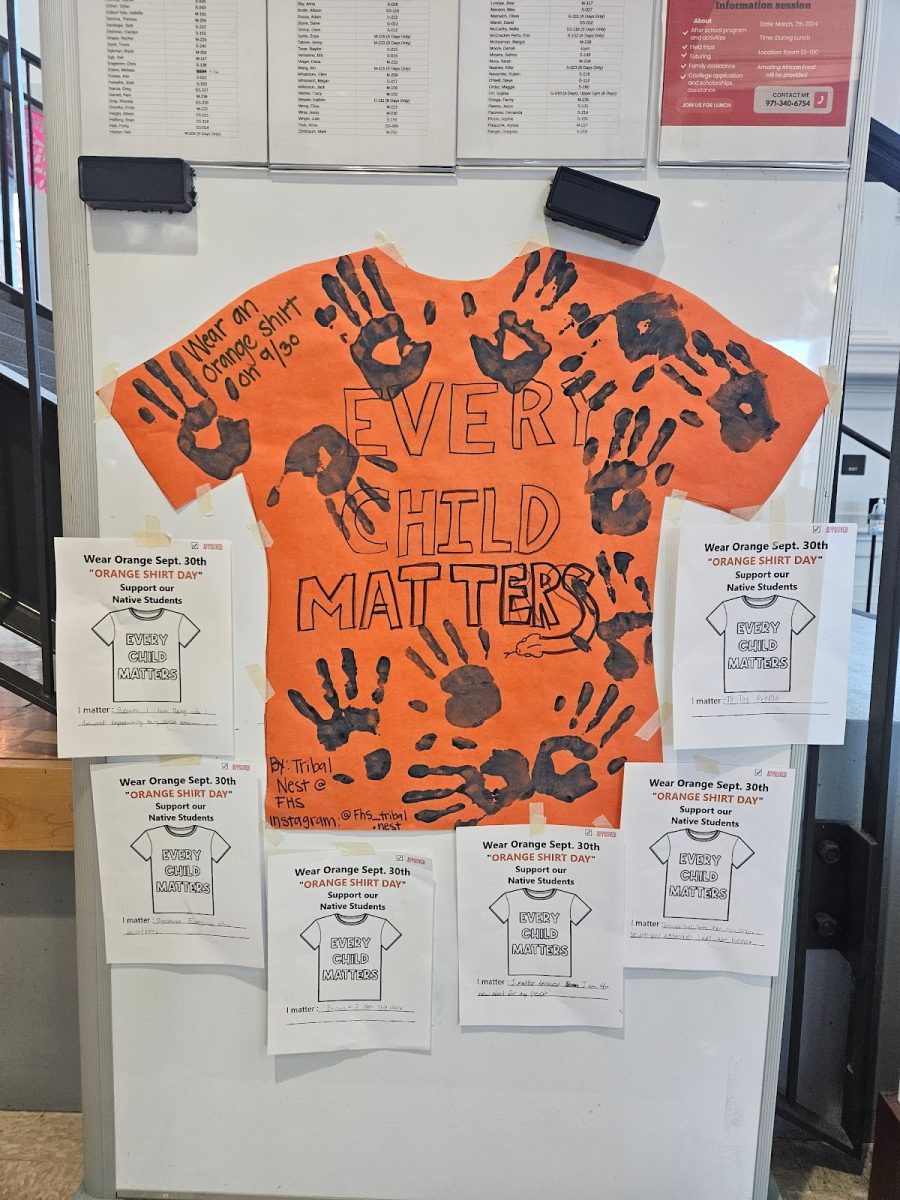
Carols ring from the speakers of the car, and rain drizzles on the windows as the morning gets brighter. As the blocks pass, and the lights all turn green, the time wastes away. A student sits in the passenger seat, begging for more traffic, and more time. They scribble down incoherent blurbs for words, hoping and praying for the grade. Each click of the blinker ringing louder and louder in the panic. As the familiar route to destruction becomes clear, pages flip slower, books fall, and a pencil gets lost in the crack of the seat…the battle’s over. The school is in view, and the lines sit blank on the paper, taunting, digging into the soul almost as deeply as it will in the grade book. Merry Crisis. The balance of a life in and out of school, disrupted by the weight of tradition, pageantry, family, and finals. Yet, students are asked to overcome it all and maintain a steady flow of success in the classroom, while keeping an eye on snow forecasts and remembering who they have to buy gifts for. It’s impossible, yet here we are…as many weeks on break as in school over the past month and a half, but we prepare for a grade that will reflect our ability to learn year-round. Suddenly, having a cup of cheer isn’t so easy.
Many students are already burning out before winter break. One student said that they’re in a loop of making the grade in one class and watching the grade of another suffer, and it’s hard to maintain those numbers in three AP classes. They were reluctantly going into the break, without time in a classroom to study and stay on top of things before being tested without a balance of material taught and material needed to be remembered. “I feel like teachers cram you in order to meet the standards for their finals…and you aren’t given equal time to learn certain [units] in all classes,” sand Shanthi Klein-Balajee while she was catching up with a lab in her AP Physics classroom. In between questions, she would write something down or have to compare her result to that of a classmate. She is taking AP Chemistry, AP Calculus (independent study), an AP Language. She remarked, “None of them are going well, at all. Well, AP [Language] is okay, but it’s a lot of work…and the classes are all so much worse [now],” on the way her classes are going. As she frantically worked through her lab and was handed a graded test, she snickered at the grade. This is a perfect picture of school before break.
Life is a delicate balance. The balance is one most students are able to hold for months upon months, without wavering. However, this time of the year in between holidays, as classes steamroll into the new year with countless chapters to cram and tests to meet standards for, can put a lot of extra stress on many high schoolers. One student believes that the holiday break is one that has its benefits and its sacrifices. “I believe that this break is going to be a great opportunity for me to catch up [with classes], at the expenditure of time with my family.” That simply shouldn’t be a decision anyone should have to make, choosing whether to spend time with family over a holiday break or study for a class that isn’t in session and won’t be for two weeks. Shanthi remarked on how difficult it is to keep everything in line with all of the distractions. “This time and April into May [are] the most difficult times, because of all of the testing…and right now they are accelerating [a lot]…This part of the school year is the most stressful. There is a tendency to get behind in classes before and after the break,” says Ae Burns. Students have to fight sickness, the outside distractions of the season, and their own priorities in order to stay present in school. “Because of time you want to spend with family, it causes more stress…because you have to do that homework and [study] later,” says Burns. “There is [an imbalance].”
Despite the acknowledgment of the problem, few know how else to approach scheduling for this period of time. A student who asked to be anonymous recommended that instead of tutorial, we had a couple days a month where you exclusively were able to catch up in classes. “If I were able to go to a single class to catch up for four and a half hours, and then do it again in all the ones I need, I think it would be much easier to keep up in class.” No other clear schedule difference was offered. However, there is one suggestion given by many students: space out finals. “I feel like if you didn’t have to take three [cumulative] tests in a day, you could up your performance…you get no recovery period and it does jeopardize your performance,” said one student. “I think teachers [should] make an effort to space out finals on how much work they cover,” said another. Assuming the proposition is at all possible to coordinate or legislate, it would likely make a difference.
This time of year is meant to be for family. It’s meant to be focused on the good things in life. It’s the season of cheer, but it sure doesn’t feel like it. We are stuck trying to pick up scraps and create a masterpiece of it, but the school year hasn’t done anything to help us. Whether it means spacing out or lengthening final periods or devoting more time to helping students, something should be changed. Proficiency is hard to maintain without the resources, and until those resources are given, how are we expected to show it?



